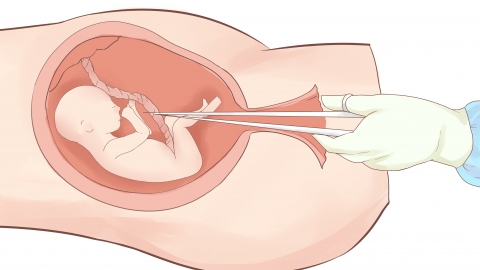Does late-term labor induction lead to infertility?
Generally, infertility refers to sterility. Whether late-term labor induction can lead to infertility mainly depends on the extent of damage after the procedure. If the labor induction proceeds smoothly without damaging the endometrium, it usually does not cause infertility. However, if the labor induction is complicated and causes severe damage to the endometrium, it may lead to infertility. If any discomfort occurs, timely medical attention is necessary. Detailed analysis is as follows:

If the labor induction process is smooth, without complications such as heavy bleeding or infection after surgery, and the woman's overall health is good with a quick postoperative recovery, infertility typically does not occur. In such cases, the likelihood of becoming pregnant again is generally high. Nevertheless, adequate rest after surgery is important to promote physical recovery.
However, if the labor induction process is complicated and complications such as severe infection or excessive bleeding occur afterward, the endometrium might be damaged, leading to thinning of the uterine lining. If the endometrial thickness does not meet required levels or fails to develop properly, it could affect a woman's fertility, potentially leading to infertility. Therefore, it is important to promptly address any causative factors after surgery and regularly monitor endometrial thickness for timely, targeted intervention when abnormalities are detected.
Labor induction can significantly affect a woman's health. It is recommended to use contraception consistently if pregnancy is not planned, to avoid repeated inductions. Additionally, maintaining good personal hygiene and avoiding early resumption of sexual activity after surgery are advised.




